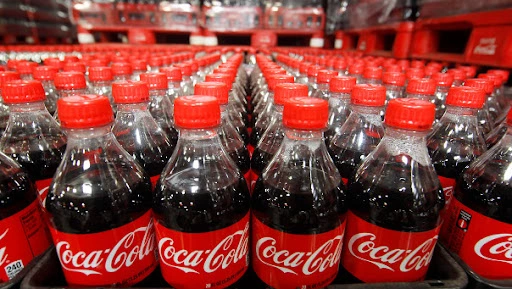Alarming Discovery: Microplastic and Nanoplastic Particles in Coca-Cola and Schweppes
A groundbreaking investigation by the French environmental organization “Agir pour l’Environnement” has uncovered the presence of six types of plastic, in the form of microplastic and nanoplastic particles, in Coca-Cola and Schweppes soda bottles. These particles, which could pose significant health risks, were detected in 1-liter bottles of Coca-Cola and 1.5-liter bottles of Schweppes Indian Tonic.
Study Details: More Openings Mean More Plastic Particles
The study, conducted by two French laboratories, analyzed samples from these bottles after they were opened once, 10 times, and up to 20 times—mirroring typical consumer use. Results showed 46 microplastic particles per liter in Coca-Cola and 62 particles per liter in Schweppes, with the number of particles increasing with each additional opening of the bottle.
Nanoplastic Particles: The Hidden Health Hazard
Even more concerning was the discovery of nanoplastic particles, which are a thousand times smaller than microplastic particles. Due to their tiny size, they are easily ingested by living organisms, posing a much greater health risk.
Company Reactions: Schweppes Defends, Coca-Cola Remains Silent
Schweppes responded by stating that their bottles comply with the “strict quality standards for food-grade materials” set by French and European health authorities. Coca-Cola, however, has declined to comment on the investigation’s findings.
Call for Urgent Action
The association emphasized that although the study may not hold absolute scientific authority, it clearly demonstrates a “connection” between microplastic particles and beverage bottles. The organization has called on French health authorities to take immediate action to mitigate this risk.
Health Risk Alert: The Dangers of Microplastic Accumulation
The association also warned that the accumulation of microplastic particles in the body could lead to significant, yet still poorly understood, health risks, urging authorities to implement protective measures without delay.
Previous Findings: Microplastics in Bottled Water
This isn’t the first such discovery; in July 2022, the organization conducted a similar study on nine bottled water brands, highlighting that the microplastic issue could be more widespread than previously thought.
Visit our homepage Turk Blogs for more articles.





